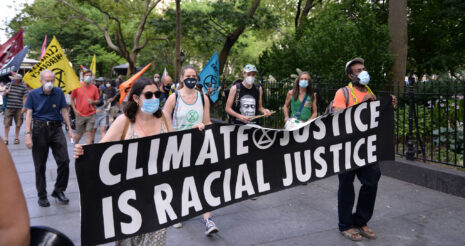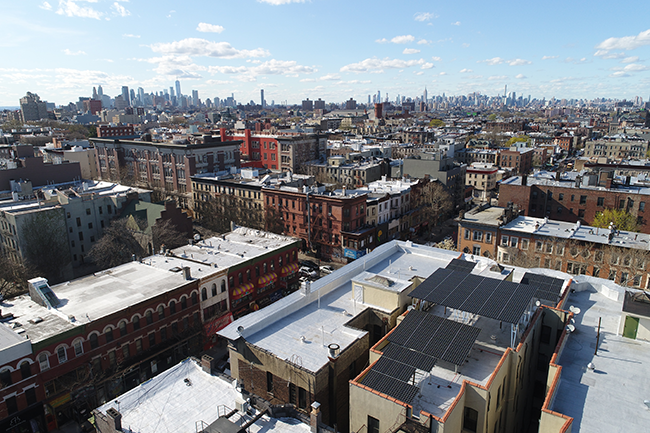 At the end of June, the U.S. Supreme Court ruled that the federal Environmental Protection Agency did not have the authority to mandate emissions from power plants in West Virginia v. EPA. This decision has been widely seen as a blow to the country’s ability to meet its climate goals, which would also give other countries an excuse not to meet their own.
At the end of June, the U.S. Supreme Court ruled that the federal Environmental Protection Agency did not have the authority to mandate emissions from power plants in West Virginia v. EPA. This decision has been widely seen as a blow to the country’s ability to meet its climate goals, which would also give other countries an excuse not to meet their own.
But now some states are responding by introducing climate amendments to their constitutions, enshrining the right to a clean and healthy environment in their own Bills of Rights.
The push to secure the constitutional right to a healthy environment comes amid a growing awareness that pollution and climate change do not affect all communities equally. Black, Hispanic and Native communities are exposed to higher levels of air pollution than the general population and suffer higher rates of childhood asthma. They are also more likely to live in areas more vulnerable to extreme heat and flooding.
In New Mexico, Maryland and New Jersey, activists are working to get these amendments passed despite opposition from the oil and gas industry; New York passed an environmental amendment guaranteeing the right to clean air and water to its constitution in 2021, the third state to do so. Six U.S. states have passed similar amendments.
In New Jersey, advocates like Kim Gaddy of Clean Water Action are pushing to get a green amendment on the ballot in 2023.
“When you think about how we want future generations to be protected, we can’t have environmental sacrifice zones where, just because it’s Newark or a community that is low-income or people of color, we can’t protect them,” Gaddy said. “We need a green amendment in the state of New Jersey to bring some relief to these communities who have suffered for too long.”
You can read more about this on the Popular Science website here.

